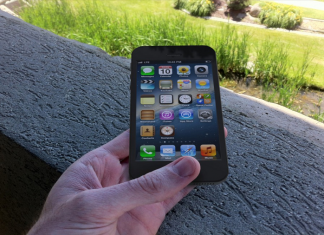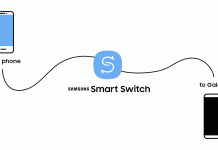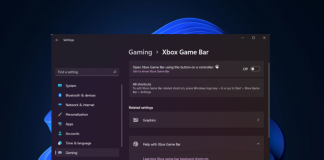In theory, using your mobile devices for banking is safe. Banks use secure systems, and they work hard on ensuring that they have a stable cybersecurity infrastructure. However, some situations are simply out of our hands. What if our phones got lost or stolen?
If that happened and our phones weren’t secured with passwords or any other verification form, this could be a serious issue. Someone could steal your bank details and use it for identity theft, or simply empty your bank account. To ensure that nothing like this happens, you need to be proactive about your mobile device security. We have devised a list of best practices regarding mobile banking use, so make sure to check them out.
Tips for Increasing Mobile Banking Security
Even though the list of risks might seem endless, don’t get discouraged. By implementing a couple of security tips below, you will ensure that your mobile banking activities remain safe and anonymous. Here are our top five security recommendations.
- Use Antivirus Software
Antivirus software has been around for a while now, and it has become an irreplaceable cybersecurity tool. However, even though this tool has been protecting systems for a long time, not many users feel the need to install it on their mobile devices. Our phones hold vast amounts of sensitive data, such as mobile banking login credentials, that can cause serious damage if stolen.
So, to ensure that you have no viruses, worms, or other types of malware on your device, install an antivirus solution as soon as possible. While it works great on its own, its effectiveness increases when paired with other security tools, such as VPNs, which we will discuss below.
- Use a VPN
VPNs are another must-have security tool for all mobile banking users. What is a VPN, though? Well, a VPN is like a first line of defense against online threat vectors. While VPNs can’t protect you from malware and viruses, they can protect you from other types of cyberattacks (snooping, man-in-the-middle, etc.).
In short, a VPN acts as a gateway between the user and the web. It is especially useful for instances where you have to use public Wi-Fi, which comes with an extensive set of risks. VPNs will protect your online privacy and prevent anyone from collecting your data.
- Enable Multi-Factor Authentication
Multi-factor authentication is among the most secure ways of ensuring that no one can penetrate your accounts and devices. It’s an additional verification step that comes in different forms, such as:
- SMS verification
- Phone call verification
- Email verification
- Fingerprint scan
- Facial scans
This makes things a lot harder for hackers. We all know that passwords can be cracked – some easier than others. However, this additional verification step is very difficult to fool, unless the culprit has physical access to your digital devices.
We recommend using multi-factor authentication for all your accounts, but especially for mobile banking. Implementing this feature will make the login process slightly more time-consuming, but it will be worth it in the long run.
- Use Strong Lock Screen Passwords
This goes for both lock screens and accounts. While passwords are a bit easier to crack than multi-factor authentication, it is still imperative to use strong passwords to secure your accounts. Research has shown that weak passwords can be cracked in seconds. On the other hand, strong passwords can take decades to crack, even if you’re using the most advanced software.
As a general rule, try to combine uppercase and lowercase letters, symbols, and numbers when coming up with a password. You can also use password managers to generate and store all your login credentials.
- Don’t Use Mobile Banking When Connected to Public Wi-Fi
Using public or open Wi-Fi when using mobile banking poses a huge security risk. These types of internet connections are extremely weak, vulnerable and prone to exploitation. Because they host so many different devices at the same time, they are a perfect target for hackers who’d like to get their hands on sensitive user data.
If, for some reason, you have to use public Wi-Fi, then make sure to enable your VPN solution first. VPNs will ensure that no one can snoop on your private information. Otherwise, you’re risking suffering a man-in-the-middle attack, which can cause significant damage to your personal data.




































 Online casino
Online casino
